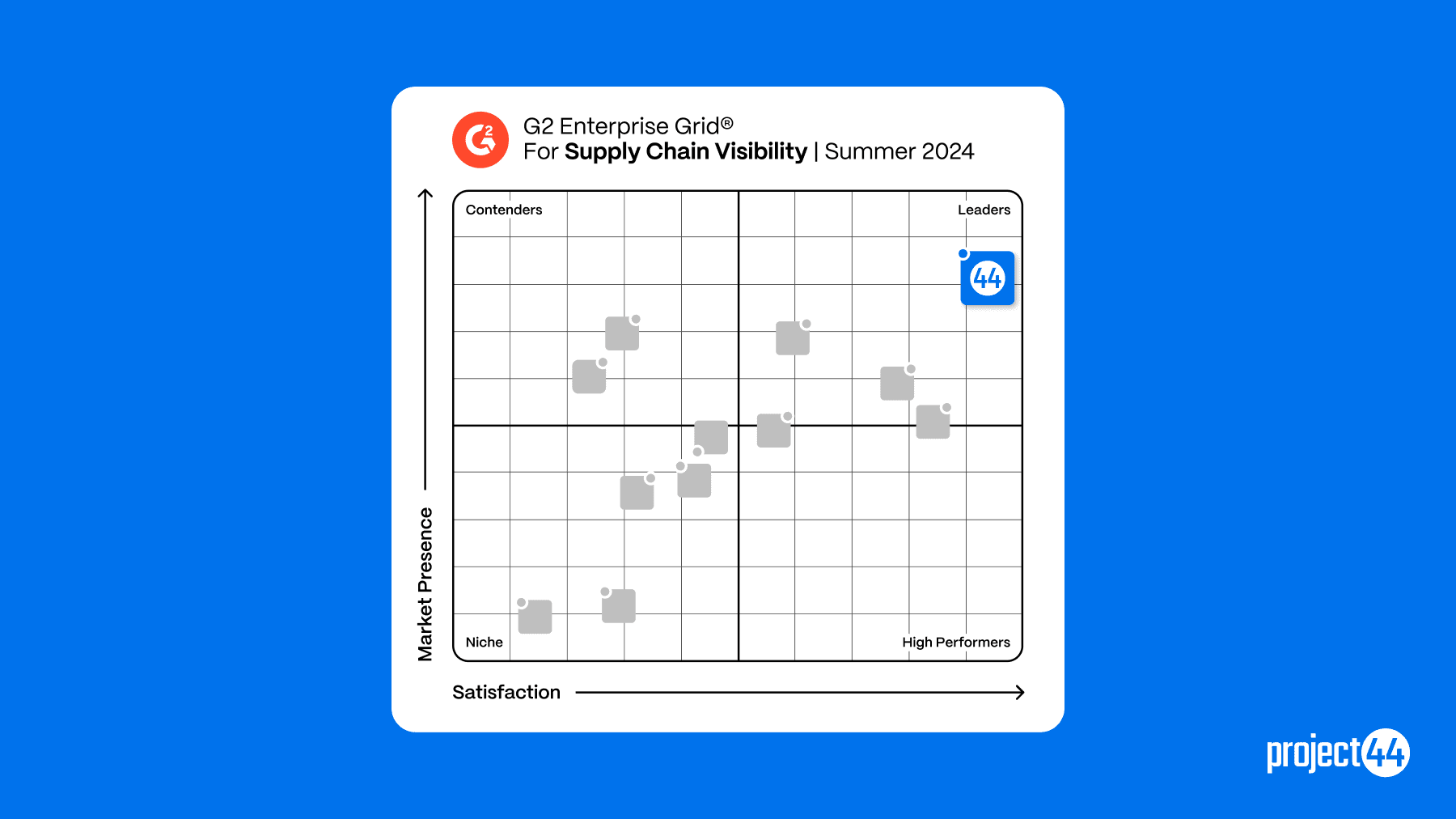On Feb 20, 2022, Seattle, Washington-based logistics giant Expeditors International announced that its global systems had been disrupted due to a cyberattack. This attack is the latest of a number of hacks to hit the logistics industry following Hellmann Worldwide Logistics in December 2021 and two units of the fuel logistics provider Marquard & Bahls in January of this year. With global supply chains already fragile, there are fears that this latest cyberattack will add to the pressure they are facing.
Expeditors badly hit
With over 18,000 employees across 100 countries and 300 locations, Fortune 500 company Expeditors International provides logistics, freight-forwarding, and customs services for air freight, ocean shipping, and ground transportation. In 2021, the company generated revenue of $16.5 billion and is certainly no small fry in the global logistics business.
A statement on the company’s website announced that “while our systems are shut down, we will have limited ability to conduct our operations, including but not limited to arranging for shipments of freight or managing customs and distribution activities for our customers’ shipments.” The cyberattack was described as “targeted,” but otherwise no details have been revealed. Cybersecurity experts assume it to be a sophisticated ransomware attack. Expeditors addressed the cyberattack when announcing its Q4/2021 financial results on February 23 and warned that it could have “a material adverse impact on our business, revenues, results of operations, and reputation.”
Global logistics industry in hackers’ sights
There is growing concern that hackers are targeting the global logistics industry. Tight delivery deadlines make logistics companies particularly time-sensitive, and ransomware attackers are fully aware of this vulnerability. Experts are worried about the disruptive effects of hacks on the already stressed global supply chains, particularly those involving maritime freight.
The Atlantic Council, a geopolitical think-tank, published a report in October 2021 emphasizing the need to improve cybersecurity levels in the international maritime industry. Many international shipping lines and even IMO, the industry’s global regulator, have been hacked in recent years. In December 2020, the U.S. government issued guidelines for enhancing maritime cybersecurity, and in February 2021, President Biden specifically mentioned the cybersecurity risk to supply chains in an executive order.
Indian Container Terminal cyberattacked, too
A suspected ransomware attack knocked out the management information system at the government-owned Jawaharlal Nehru Port Container Terminal (JNPCT), one of five terminals at India’s largest container port Jawaharlal Nehru Port Trust. The entire port, situated near Mumbai, handled over 5.6 million TEU in 2021 and accounted for around half of all sea-freight containers in India. JNPCT is the smallest in this port complex and the only one that is not privatized. Though capable of handling 1.5 million TEU annually, it is currently handling just 500,000 TEU. The other four terminals, which were not affected by the cyberattack, are run by private concessionaires.
The attack was discovered on February 21 and Indian media reported that terminal staff was working feverishly to restore their systems. However, as of February 24, operations at JNPCT were still being affected. As the other privately run container terminals were operating normally, they were able to handle traffic scheduled to arrive at the state-run terminal.
Maybe this latest string of cyberattacks will be a wake-up call for logistics companies to take cybersecurity more seriously.



